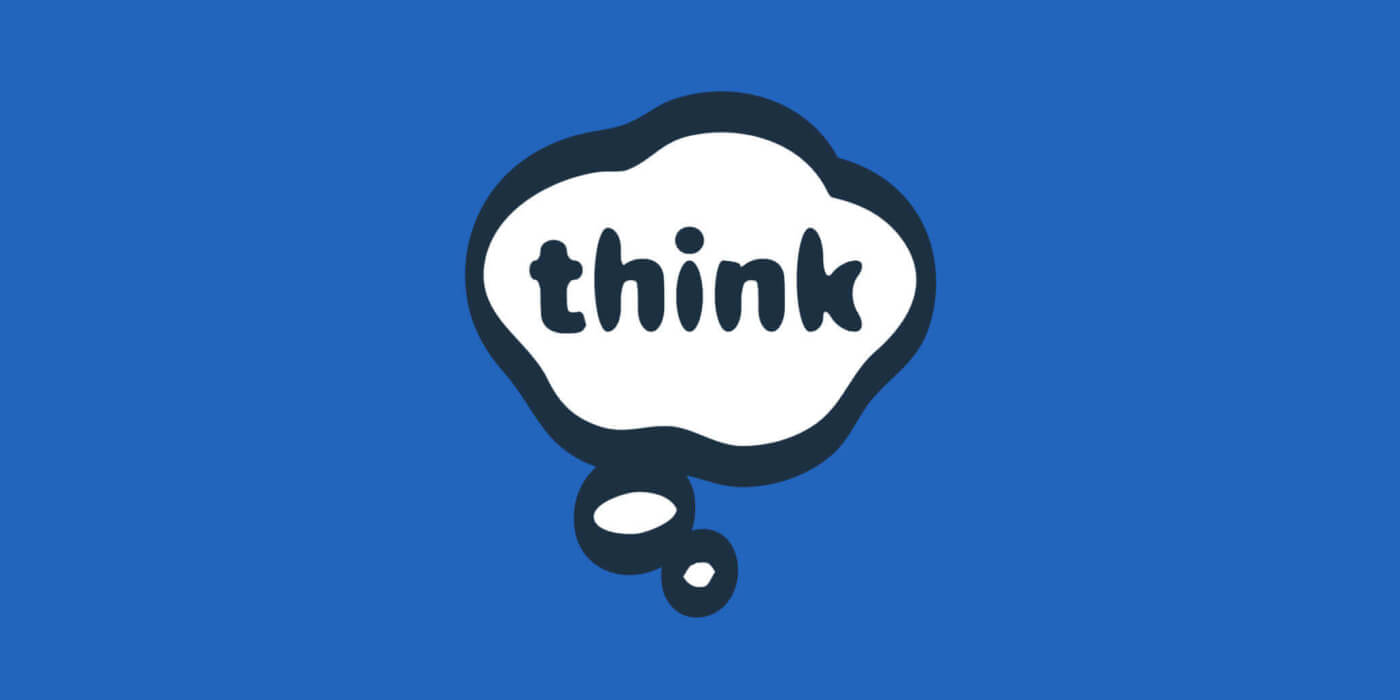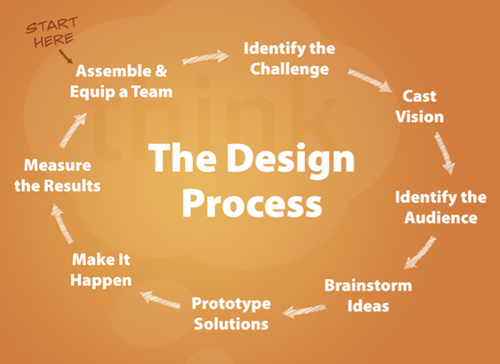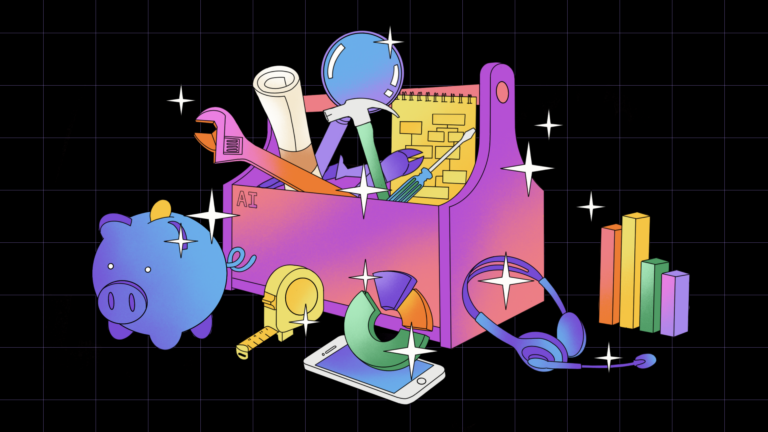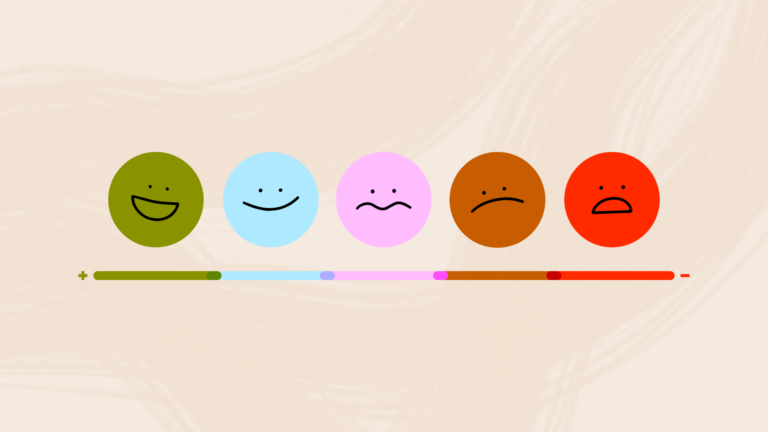What’s Your Process?

If you’re involved in the design industry, or any consulting type of work, eventually you will be asked, “What’s your process?” This question is so common that any agency worth their salt will have a statement about their process on their site and will have a boilerplate presentation in their bag of tricks to pull out whenever the question is asked.
Asking any consulting agency about their process is akin to asking someone in an interview, “What is your biggest weakness?” We will always be prepared to answer the question and most clients know the standard responses. So, why do they ask? Here are just a few of the reasons you may be asked this question:
Education: They genuinely want to learn how you do what you do in order to build a strong partnership. These are some of the best business relationships to build. Approach them with an open mind, and learn from them as much as they learn from you. If you handle it well they should, eventually, become one of your most trusted clients.
Comparison: They may want to compare your process to a competitor, or they may want to discuss how their scenario doesn’t necessarily fit into your process. In this case, stress flexibility and collaboration and they can still be a great partner.
Sadism: They are looking for ways to argue your process because they get off on watching vendors squirm. If you discover this is the case, I’d recommend either turning down the work or charging a premium and putting your thickest skins on the project. If they’re willing to pay you to challenge your expertise regularly, it’s their dime, and you may learn something new along the way.

Let’s Be Brutal Here
Regardless of the reason the question is asked, I’m always tempted to respond, “Our process is that we’re really smart.” I never do for fear that I’d be regarded as a smartass and ruin the relationship, but there is some truth to that answer.
One of the hardest things to get across is that any project process should be treated as a guideline. It needs to be flexible, not a checklist.
Years ago I worked with a project management consultant named Dr. Bob Graham. I have written about Dr. Bob before. I learned more about project work from him than I ever did in school. When asked to define project work, he often used this analogy:
Building an automobile factory is a project, right up to the point of the first car rolling off of the assembly line. After that, every other car is the result of process work, not project work.
To Dr. Bob, project work was about producing a unique solution for a unique challenge. Process work is about producing identical results from predictable circumstances. This makes sense: factories need to produce consistent results for every unit that rolls off the assembly line. Projects are about meeting the goals set out by the folks initiating the effort. Even though you just finished creating the best online banking site possible for Investments-R-Us, chances are Pixelpushers Federal Credit Union will have a completely different set of business goals when they ask you to do the same thing.
So, what is the right answer to “What is your process?” At Think Brownstone, we outline a broad process that applies not only to user experience projects, but to any business-oriented project. The phases (Analysis, Design, Development, Implementation) are set in stone. Some tasks along the way are non-negotiable – like articulating your business goals or describing who your users are. Other tasks, such as when and how to conduct user research, are dependent on the client, project, budget and environment.
Is our process the “secret sauce” to our work? The opinions here may differ, but I would say no. Following a structure for the work you do is just good business. Having rules around what is flexible and what you’re not willing to compromise is important to protecting your brand. Being smart enough to know when and how to veer from your process – that’s what differentiates smart designers from factory workers. That and talent are the secret sauce of any good design agency.



